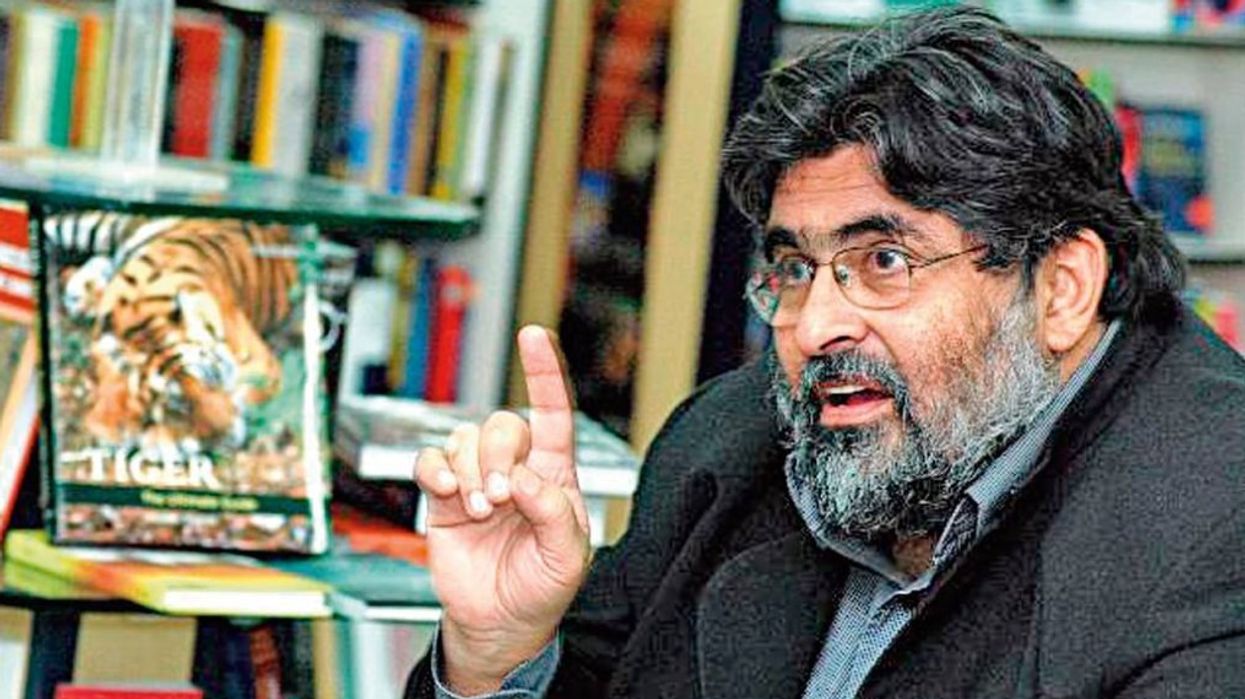Veteran tiger conservationist and author Valmik Thapar, 73, passed away on Saturday after a battle with cancer.
Born in New Delhi in 1952, he dedicated his life to wildlife protection and worked in Ranthambore for almost four decades, specialising in tiger conservation.
“Today’s Ranthambore, particularly, is a testimony to his deep commitment and indefatigable zeal,” said Jairam Ramesh, Congress leader and former environment minister.
Thapar passed away at his Kautilya Marg residence in Delhi and will be cremated today at the Lodhi Electric Crematorium at 3:30 pm.
Thapar was one of the pioneers of tiger conservation in India from the mid-1970s and served on over 150 committees for both central and state governments. He was appointed to the Tiger Task Force of 2005 by the UPA government.
In 1988, he co-founded the Ranthambhore Foundation, an NGO focused on community-based conservation efforts.
He worked primarily in Rajasthan, in collaboration with the state government, and also contributed to the revitalisation of other parks such as Maharashtra’s Tadoba-Andhari Tiger Reserve.
Thapar rejected the idea that all tourism was harmful, advocating instead for “smart tourism” — achieved through collaboration between scientists, activists, local leaders, forest workers, government officials, and journalists.
A scholar of biodiversity, he wrote and edited over 30 books on wildlife. Land of the Tiger: A Natural History of the Indian Subcontinent (1997) and Tiger Fire: 500 Years of the Tiger in India are among his most acclaimed works. He also told stories of Indian wildlife through documentaries and films for platforms such as the BBC.
He celebrated 50 years of observing wild tigers in Ranthambore through his appearance in the 2024 documentary My Tiger Family.
“Valmik was a fearless advocate for the tiger, taking the conservation concerns for the Indian tiger worldwide. He was also a keen student of tiger behaviour, and his various books on tigers shed enormous light on their behaviour and ways. He eloquently combined scholastic enquiry with passionate defence for wildlife at a time when the conservation movement was still young in India. He will be remembered for being the voice of an animal that cannot speak for itself,” said Neha Sinha, a conservation biologist.




